What is Pituitary Surgery
Surgery is often the primary treatment for pituitary macroadenomas, especially when the tumour causes symptoms due to its size or when it compresses surrounding structures such as the optic nerves. The most common surgical approach for pituitary macroadenomas is transsphenoidal surgery, which is performed through the nose.
| Procedure Name | Pituitary Macroadenoma |
|---|---|
| Type of Surgery | Major |
| Type of Anesthesia | General |
| Procedure Duration | 2 to 4 hours |
| Recovery Duration | Few days |
Pituitary Macroadenoma: Pre-Op & Post-Op Care
Before the Surgery
Before surgery, imaging tests (such as MRI or CT scans) are taken to help the surgeon locate the tumour and plan the procedure.
During Pituitary Surgery
- Trans-sphenoidal surgery is performed under general anaesthesia, so you will be asleep and pain-free during the procedure.
- Surgeons access the pituitary gland through the nasal cavity and sphenoid sinus, avoiding the need for external incisions. This minimally invasive approach reduces the risk of complications and typically leads to a faster recovery.
- Using specialised instruments, resection of a pituitary macroadenoma is done, preserving normal pituitary gland function.
- This procedure is typically performed to alleviate symptoms caused by the tumor’s size or to treat hormone overproduction.
- In some cases, only a portion of the tumour can be safely removed to avoid damage to surrounding structures.
- After the tumour is removed, the surgeon closes the incision in the nasal cavity with dissolvable packing material.
After Pituitary Surgery
Most patients are discharged from the hospital within a few days after surgery, depending on the extent of the tumour and the surgical approach used. Hormone replacement therapy is advised, and hormone levels are closely monitored. Regular monitoring of pituitary gland function and imaging studies may be necessary to monitor for tumour recurrence or growth.
Benefits of Pituitary Macroadenoma at Yashoda Hospitals
- Removal of the tumour: From its roots before metastasis spreads to other structures
- To Provide symptomatic relief: From associated headaches & vision problems
- Maintain the hormonal balance: By restoring the pituitary gland function
- Improved quality of life: By alleviating symptoms and restoring hormonal balance
- Prevention of complications: Such as vision loss, hormonal imbalances and pituitary apoplexy





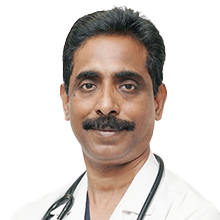

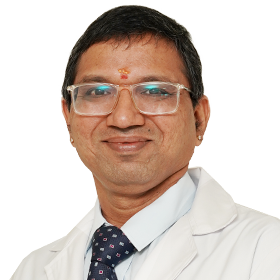
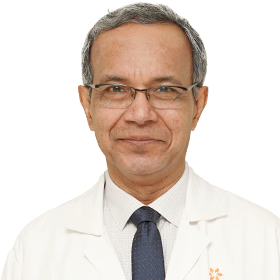
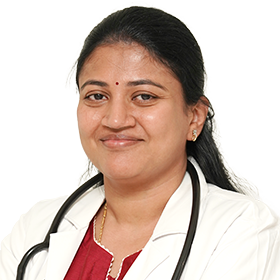
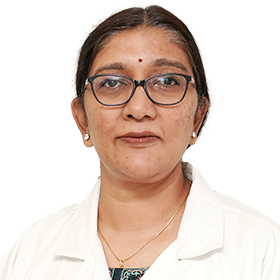

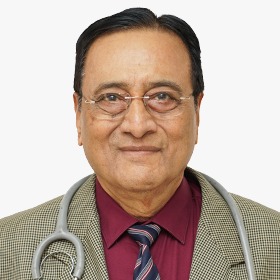
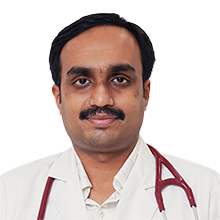
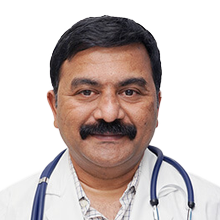
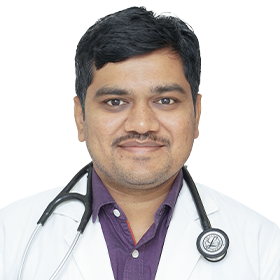
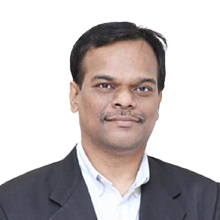

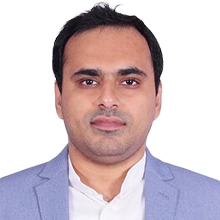
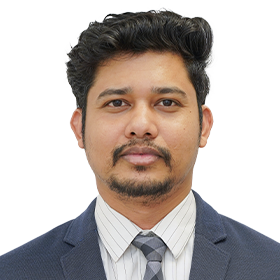
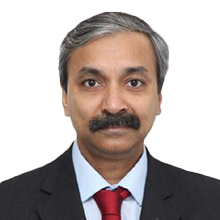
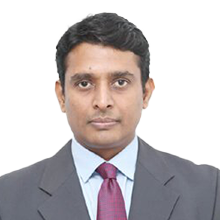
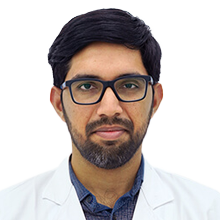
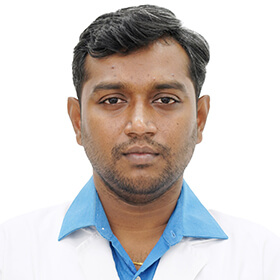
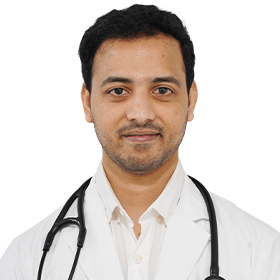












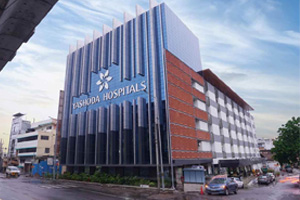
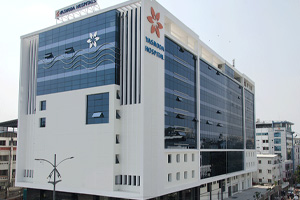
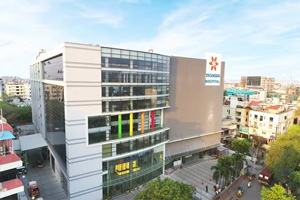
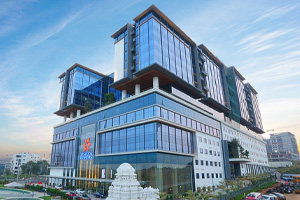
 Appointment
Appointment WhatsApp
WhatsApp Call
Call More
More